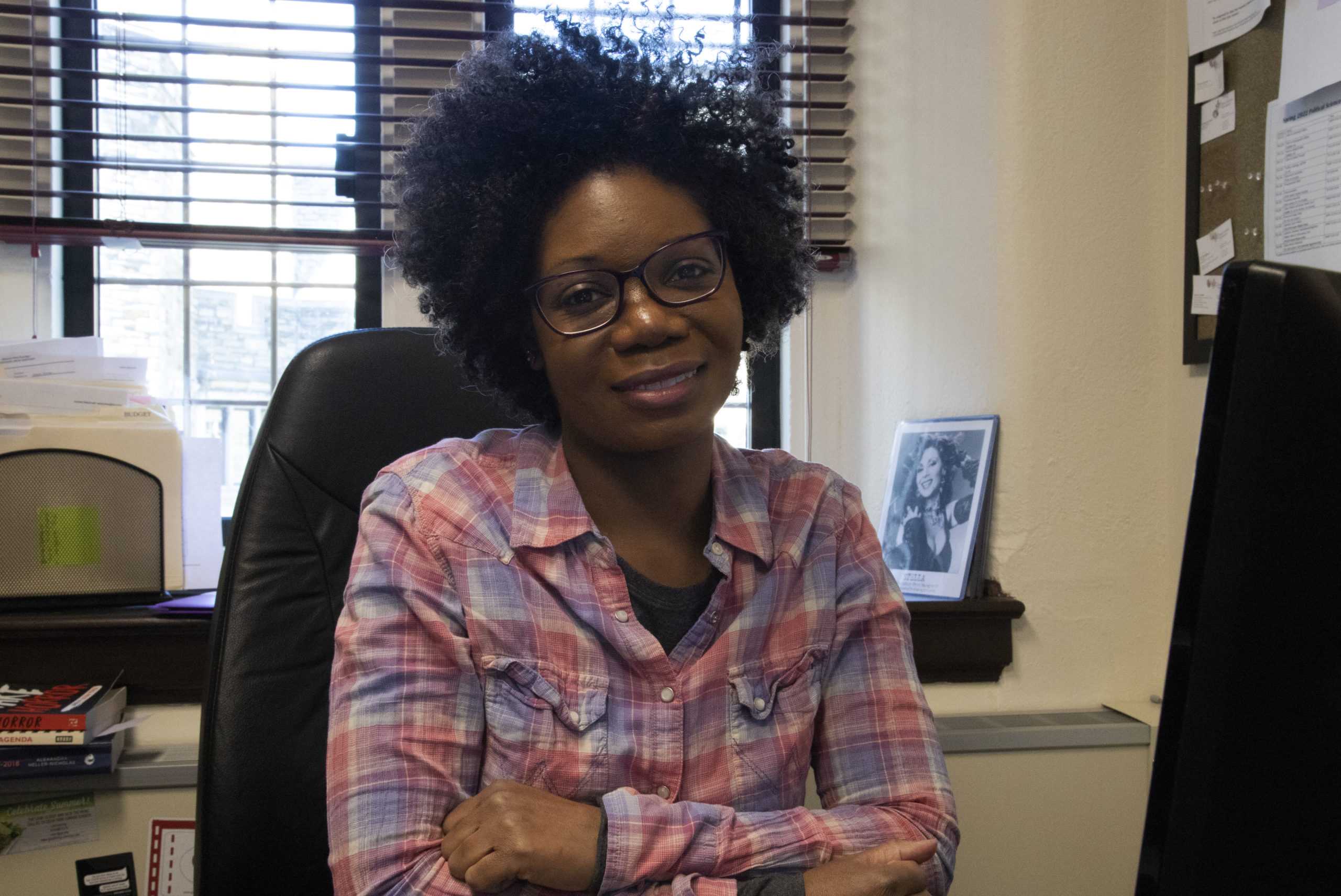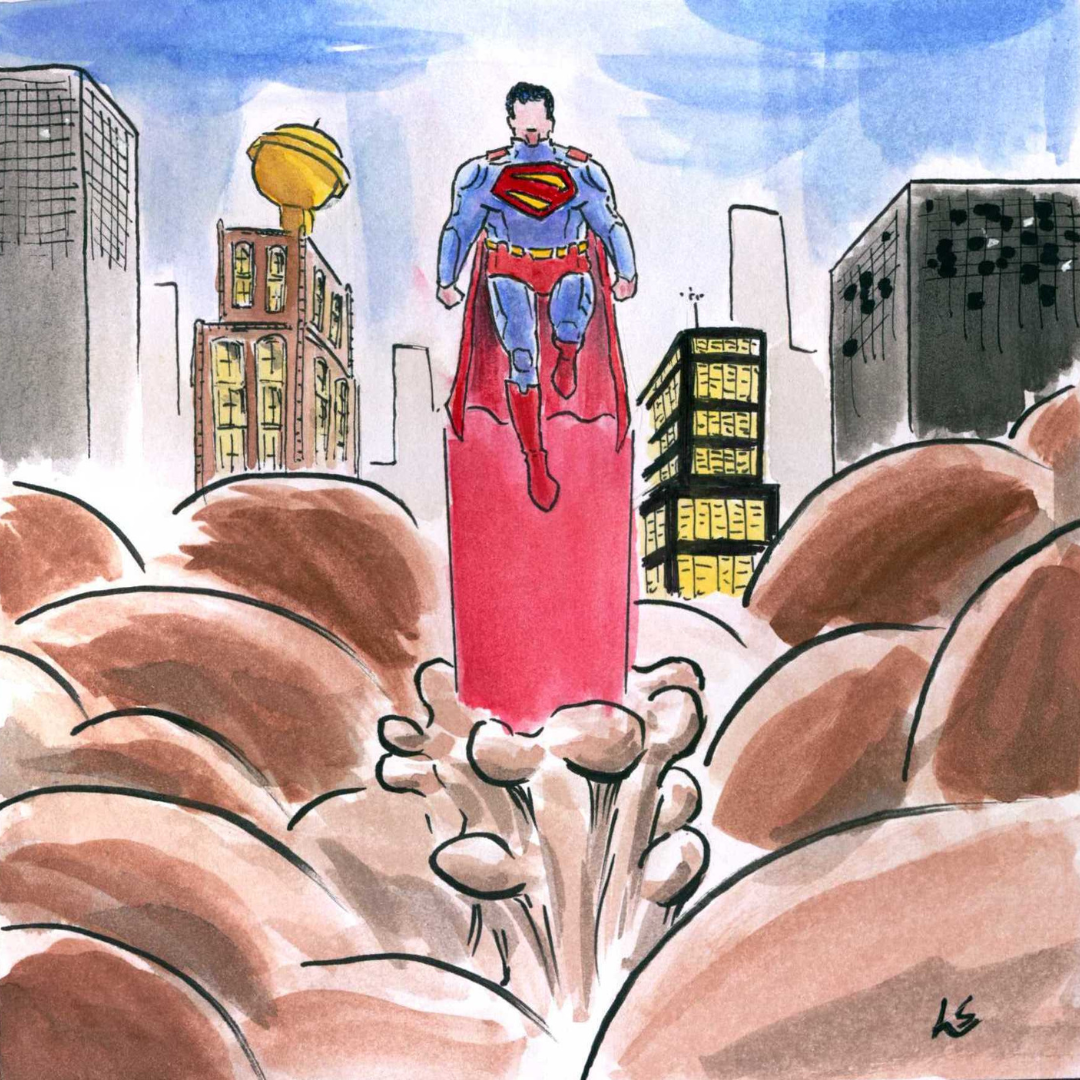From an early age, Ashlee Blackwell, adjunct professor of music, theatre, and film, noticed women being portrayed more heroically in horror films than in others. Developing a passion for this genre, Blackwell turned her love of horror films into a career.
The film “Horror Noire: A History of Black Horror,” which explores the history of Black Americans in horror films and the industry, was released in 2019. The film was largely written and produced by Blackwell, and won several awards.
But as a Black woman in the industry, her experience did not come without challenges, and in a way she hadn’t expected from a community that had drawn her in by their portrayal of gender.
“I expect racism, sexism [and] misogyny, unfortunately,” Blackwell said. “But do I expect this from certain people? No. And that’s why I was so taken aback when I was in these all-white horror spaces and certain people, in particular, were really hostile towards me.”
In what she discovered is an industry composed primarily of white men, Blackwell said she would feel this hostility toward her in places like horror film conventions.
“I felt like my voice wasn’t valid,” Blackwell said. “Especially if I didn’t agree with people, that was really when I got a lot of venom spit at me.”
Blackwell knew there were other Black women interested in the genre, and wanted to create a space for this community. This awareness led to the creation of the website, Graveyard Shift Sisters, as a space to celebrate and highlight other women and their work in the horror industry.
The website features creators of all kinds: visual artists, other filmmakers and writers.
“I wanted this website to be a haven for all of this work, and people could come and educate themselves, so that there’s no more of an absence feeling for Black women, feeling that they’re alone in loving this genre,” Blackwell said.
Not only identifying this niche of women, but also “showing the contributions, the excellence, the ways in which women are moving,” is helping to push Black cultural production forward, said Robin R. Means Coleman, Ph.D., whose book Blackwell’s film was adapted from.
“What [Blackwell is] collecting in a smart and scholarly, but also accessible way, is really important when we’re thinking about centering the contributions of Black women, that still so often get overlooked by both scholars in the industry,” Coleman said.
In an industry of people “who want to have big followings and have the cred recognition without doing the work,” Blackwell is doing the work for the sake of the importance of the work being done, Phil Nobile Jr., executive producer for “Horror Noire: A History of Black Horror” wrote in response to written questions from The Hawk.
“Here was Ashlee, just quietly building her website and shining a light on an entire history of horror that was being underexplored,” Nobile said.
Since joining the St. Joe’s community in Jan. 2020 as an adjunct film professor, Blackwell has incorporated her experience into her courses, such as her current “Women in Horror” course.
“My thesis is that the women in the horror movement are really directly related [to gender disparities in the film industry],” Blackwell said. “It’s really banging on the door of that glass ceiling.”
Whether teaching, producing or operating her website, Blackwell’s goal is to help Black women be and feel seen.
“People treat me like I’m invisible, and interestingly enough, they think that they’re slick,” Blackwell said. “I know exactly what you’re doing. You are erasing me. I refuse to be erased, and I refuse to have other Black women be erased.”














































